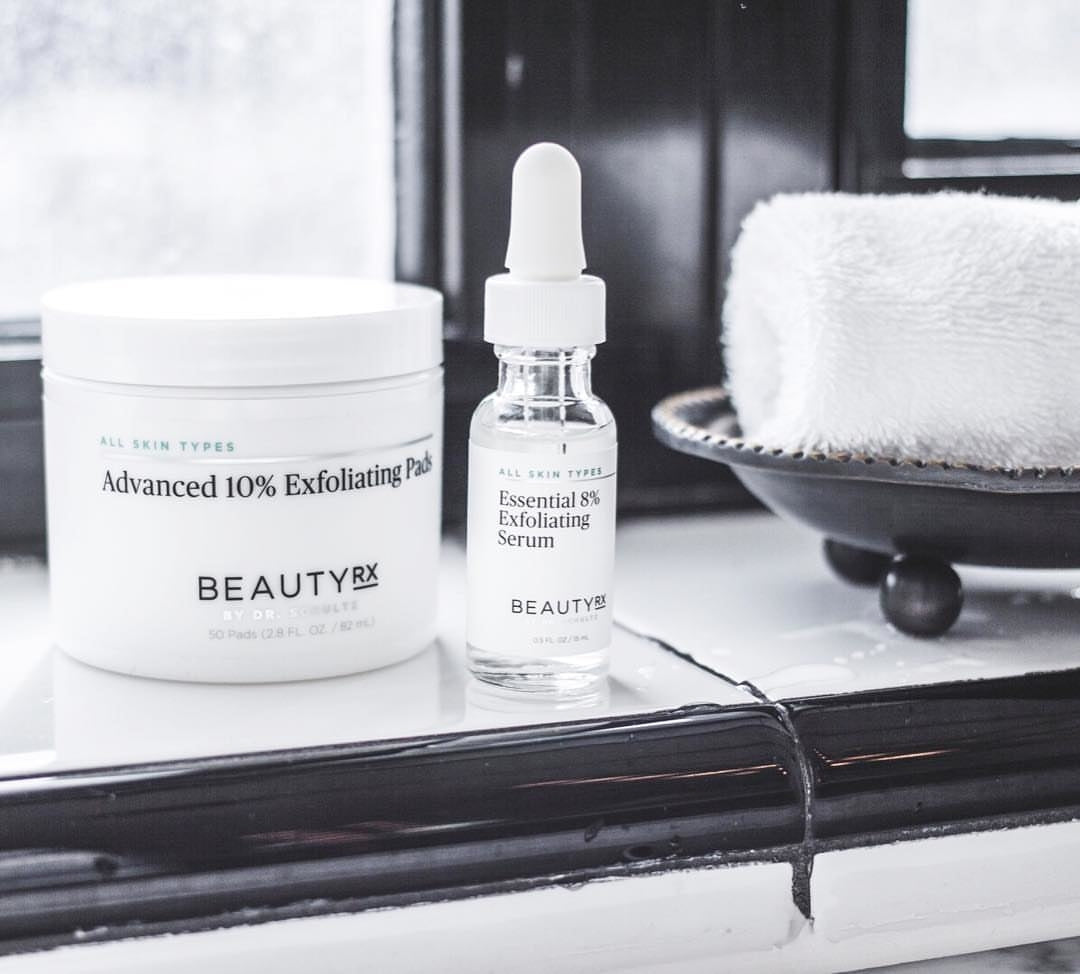
If you’re dealing with acne, chances are you may also be dealing with sensitive skin. So you may think exfoliation is totally out of the question for you. Many people think exfoliating may thicken or bother sensitive skin. But don’t worry, there’s good news: there are ways to safely and effectively exfoliate, even if you have acne. Even if you have acne and sensitive skin, exfoliation is still an option for you. Here’s why:
How Does Exfoliation Work?
Exfoliation is fundamental to the overall elasticity, smoothness and brightness of your skin. If you’re dealing with acne, the exfoliation process removes the dead skin cells building up and causing your acne breakouts. Exfoliation also works to unclog pores, which contribute to breakouts as well. A pore is the small open hole surrounding a hair follicle, which sits above an oil gland. When a pore opens and releases oil into the open space, it combines with dead skin cells and creates a clogged pore. Exfoliation takes care of all of that, making your skin clear, clean, and vibrant.
And to get the most effective exfoliation possible, be sure to incorporate it into your routine at the right time. Dr. Schultz says, “You should use cleanser and toner before your chemical exfoliants, to prepare your skin so that the chemicals in the exfoliant can work their best. But there is no reason to use your cleanser and toner after your exfoliant, you don’t need to wash anything off, and, in fact, if you do that you are going to destroy the chemical exfoliant.”
Can Exfoliation Thicken Your Skin?
No, exfoliation cannot thicken your skin, as it's getting rid of the top dead layer of skin cells. Dr. Schultz explains, “It's mostly this dead layer that’s thickened in a callous, the same layer that chemical exfoliants like glycolic remove. (So your skin doesn’t get a chance to form any sort of callous.)” Exfoliation removes the dead upper layer of your skin while leaving the lower layers alone. Dr. Schultz adds, “Removing those dead cells just causes the skin to make more new live cells and makes these lower three live layers of the epidermis thicker. That helps take away fine lines and makes the skin more lustrous and slightly translucent, all adding to desirable skin brightness.”
Even though exfoliation won't cause your skin to thicken with a callous, you do need to pay attention to what is touching your face throughout the day. “Anything that consistently touches your facial skin promotes thickening of the skin and thickening of the skin promotes acne breakouts,” Dr. Schultz explains. Whether it’s your fingers, your hair or the towel you use after you wash your face, it’s going to thicken your skin. After you wash your face, pat it dry, don’t rub it dry.
Ease Into Exfoliation (If You Have Sensitive Skin)
You may have found your acne and sensitive skin have been difficult to treat together. Dr. Schultz says, “People with that combination do best with a gentle cleanser for dry or sensitive skin, Finacea, and occasional exfoliation (i.e. two to three times per week) with a low strength exfoliating product (i.e. 1% salicylic acid or 5% glycolic) applied each time for a short 15-30 minute period instead of overnight.” In this situation, less is more. Low strength and gentle products like BeautyRx’s Gentle Cream Cleanser are still going to be effective while cleansing, toning, and exfoliating the skin.
Use Glycolic Over Salicylic Acid
Glycolic acid and salicylic acid are both great products for fighting acne. However, as Dr. Schultz says, “The workhorse here is really glycolic acid. It is the one that you hear about being used in lunchtime peels and it has a very wide therapeutic margin. It can go from a strength of three to four percent to 70 percent that we use in the office. There is very little irritation and it does a great job of removing dead skin cells.” Salicylic acid has a narrower therapeutic range, which means it only becomes effective at about one and a half or two percent, and at that range, it tends to be a little irritating. BeautyRx’s At-Home Progressive Peel uses two strengths of eight and ten percent for glowing, balanced skin without the irritation.
Exfoliation is imperative for getting rid of acne. It gets rid of dead skin cells and allows for the resurgence of new ones. Overall, it’s paramount in dealing with all stages of acne and is beneficial for getting clearer skin. It can be used no matter your skin type and will gently and effectively remove the necessary dead skin cells that are keeping your bright, glowing, smooth skin from coming through.
 BRX REWARDS
BRX REWARDS


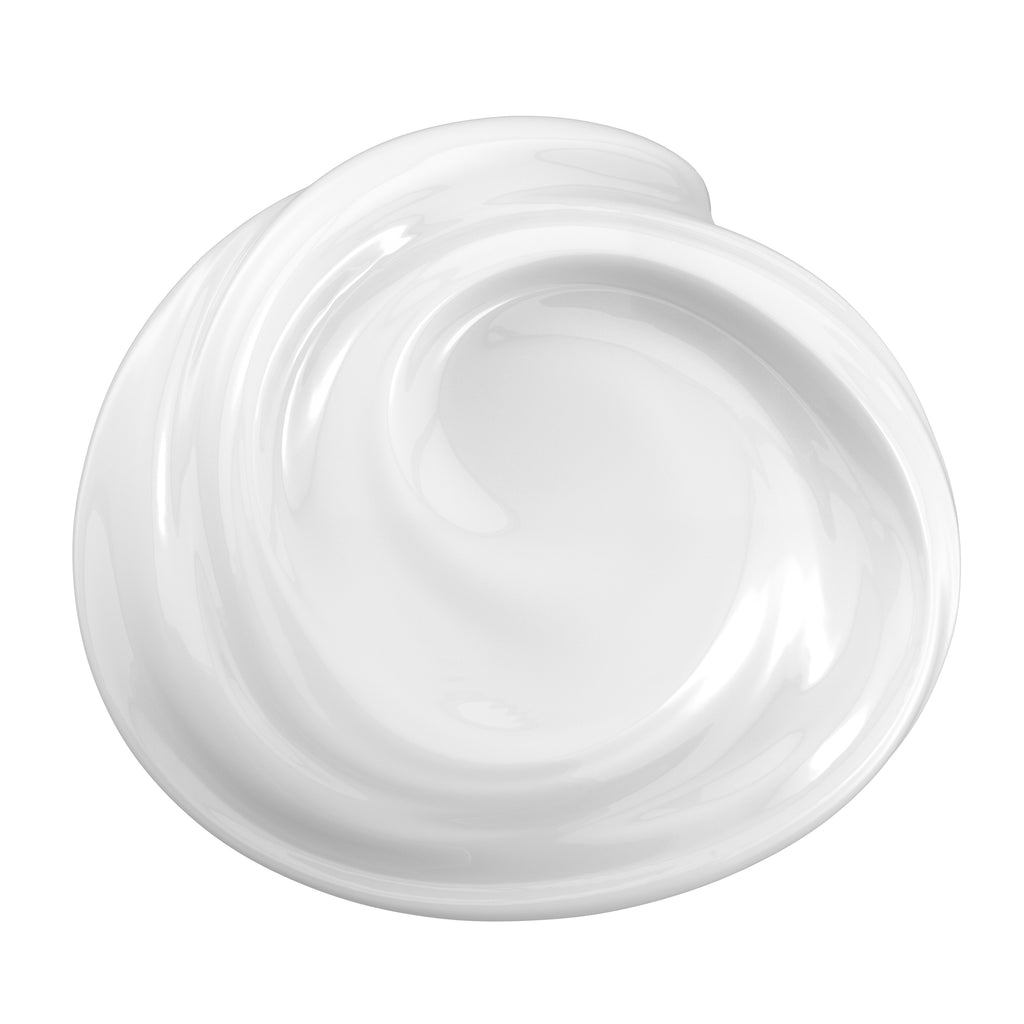

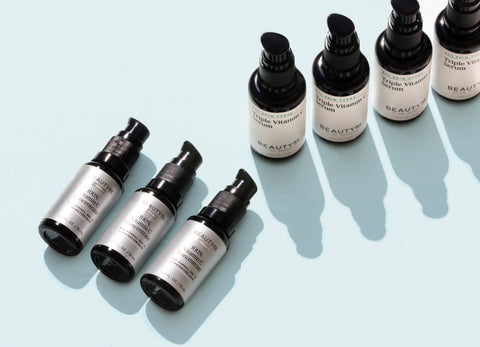

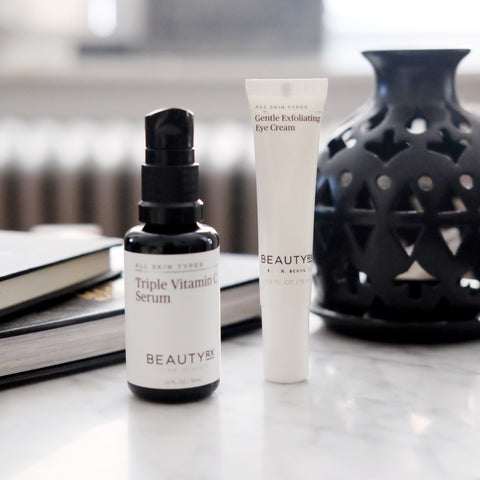

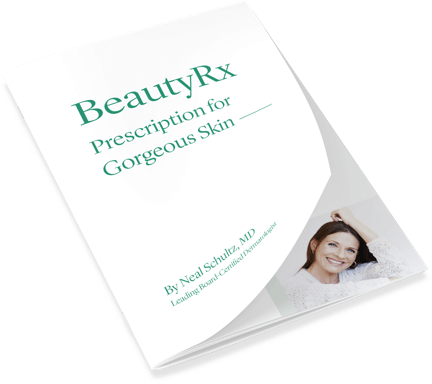
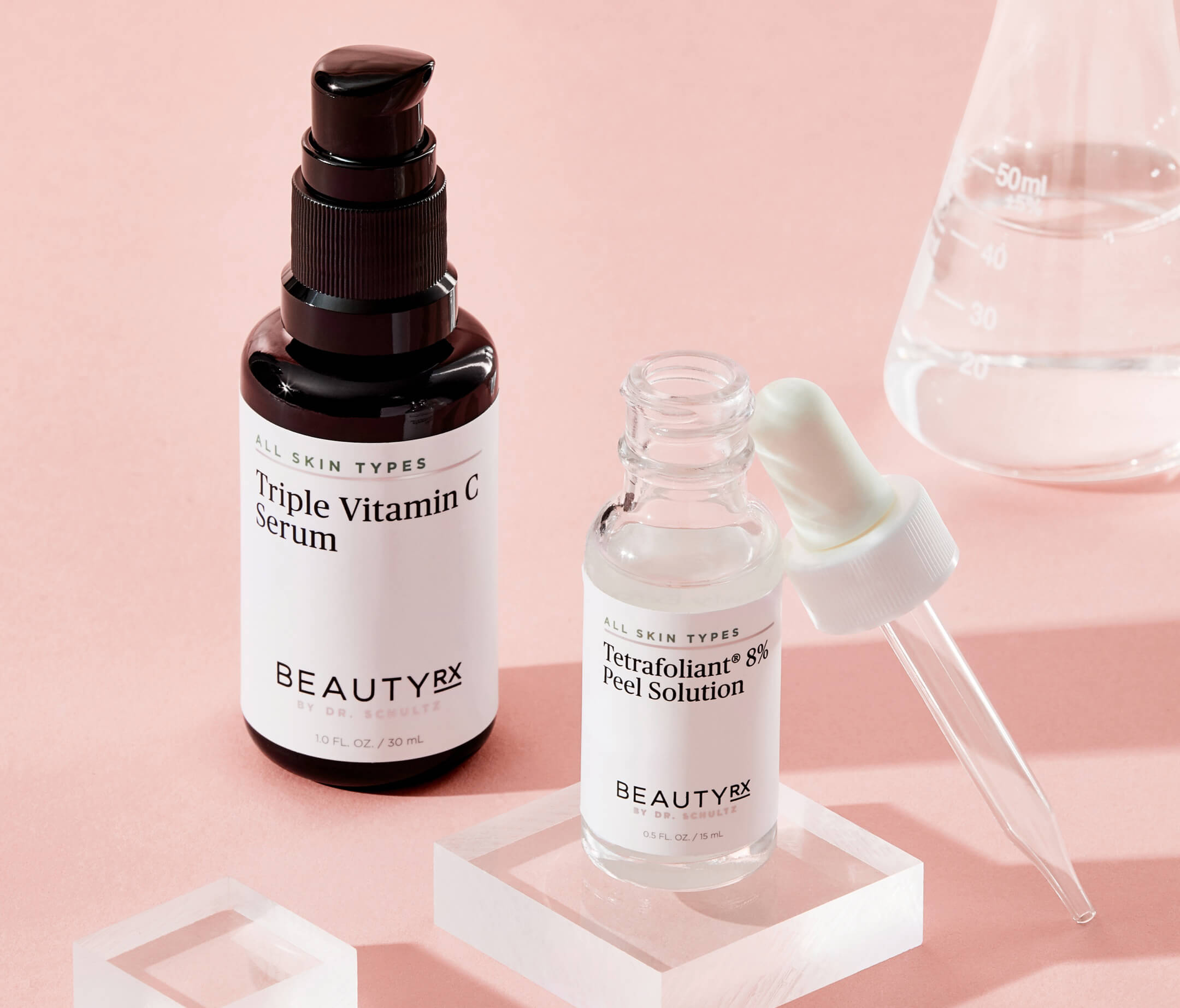

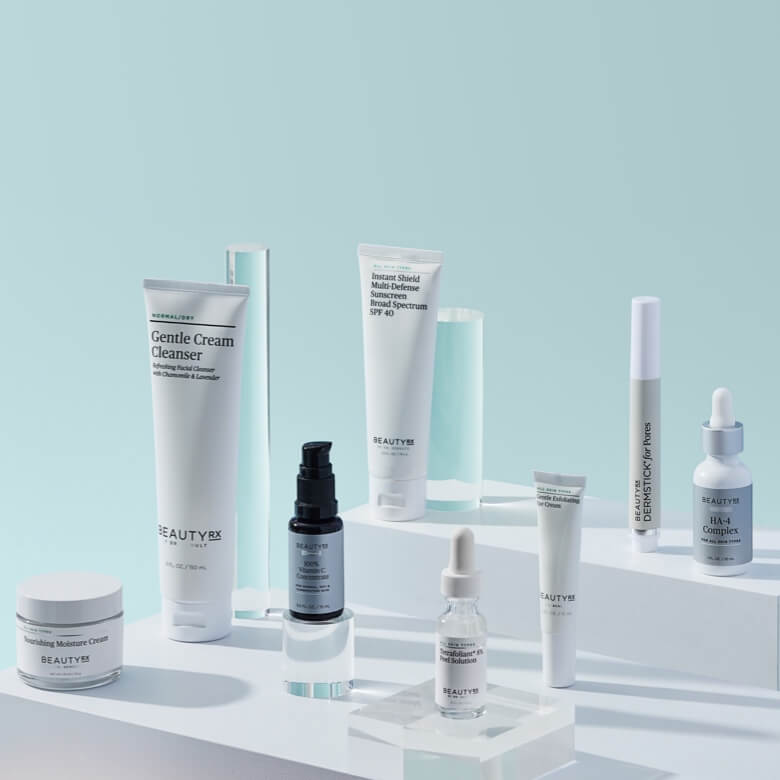
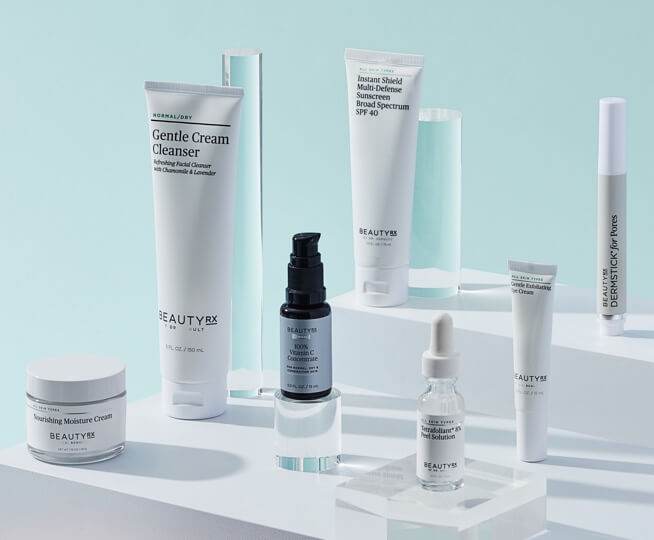
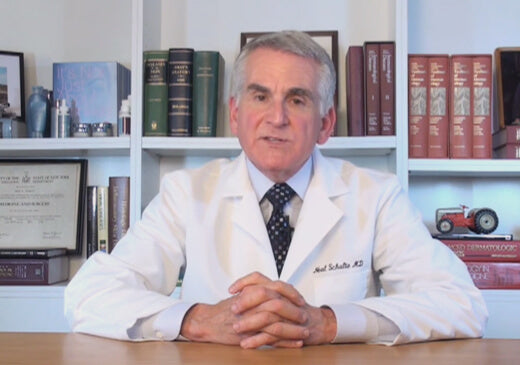

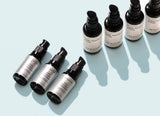

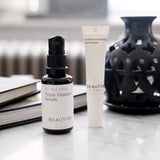



Leave a Comment